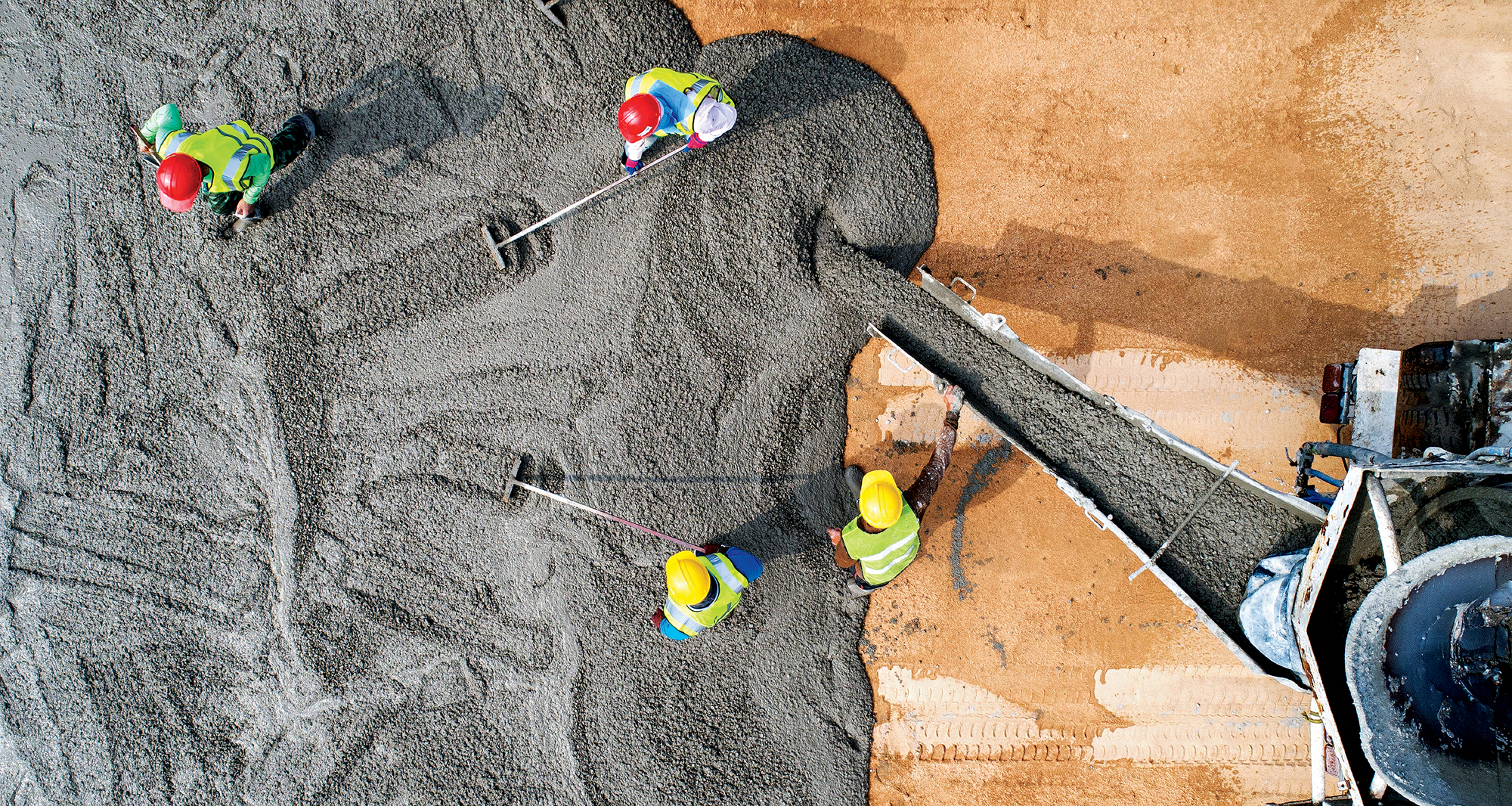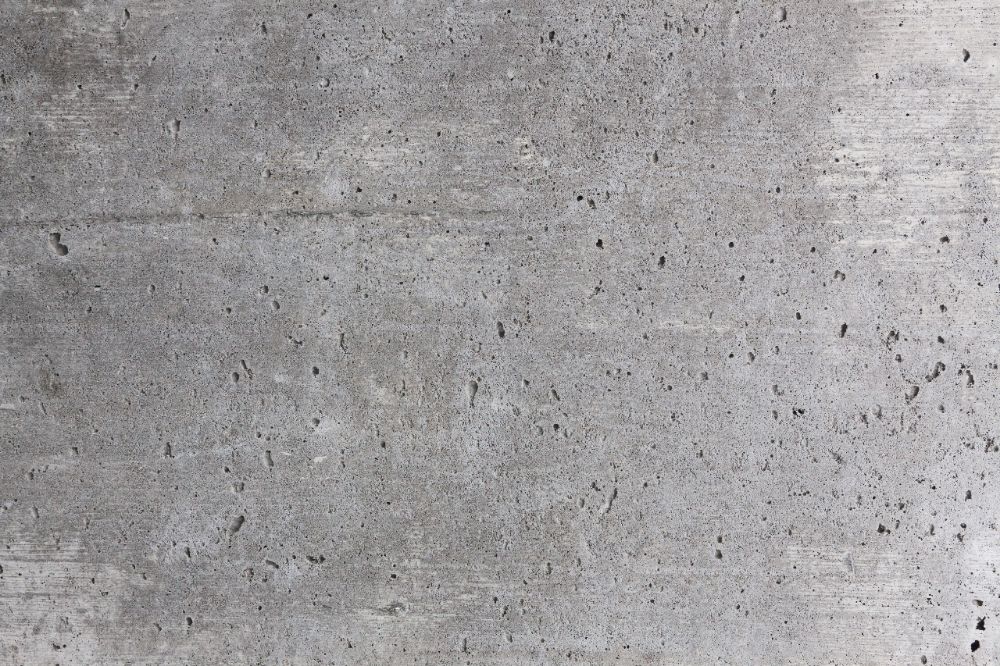Ingenious Concrete Style: Improve Your Building with Custom Concrete Work
Ingenious Concrete Style: Improve Your Building with Custom Concrete Work
Blog Article
Unveiling the Eco-Friendly Advantages of Utilizing Recycled Concrete in Lasting Building And Construction Practices
In the realm of lasting building practices, the use of recycled concrete stands as a critical yet typically undervalued source. Beyond its traditional applications, recycled concrete offers a myriad of green advantages that expand far past the confines of typical construction products.
Ecological Advantages
By including recycled concrete right into building practices, there is a considerable decrease in the need for brand-new raw products, leading to conservation of natural resources. Furthermore, the use of recycled concrete reduces the amount of waste being sent out to landfills, consequently decreasing ecological contamination and minimizing the pressure on garbage dump abilities (Concrete).

In addition, the manufacturing of standard concrete is a considerable source of carbon emissions due to the energy-intensive process of concrete production. In comparison, recycled concrete has a reduced carbon footprint as it decreases the demand for new concrete production. This decline in carbon exhausts adds to mitigating environment modification and supports lasting building and construction methods. In general, the environmental benefits of using recycled concrete are considerable and play a crucial role in promoting environmentally friendly building techniques.
Cost-Efficiency
Achieving cost-efficiency is an extremely important consideration when assessing the use of recycled concrete in construction jobs. One of the key advantages of using recycled concrete is its cost-effectiveness contrasted to traditional concrete. The production of recycled concrete entails less power and resources as it uses existing products, reducing the general job prices considerably. In addition, the availability of recycled concrete locally can additionally decrease transportation costs, making it a much more affordable choice for building tasks.
Additionally, the usage of recycled concrete can result in cost savings in land fill prices by diverting concrete waste from disposal websites. This not just reduces the environmental effect yet also gets rid of the prices related to waste removal. In addition, the longevity and efficiency of recycled concrete approach conventional concrete, making certain that expense savings do not endanger the top quality of the building.
Sturdiness and Stamina
Taking into consideration the significant cost-efficiency advantages of utilizing recycled concrete, it is critical to examine its sturdiness and toughness in construction applications. Recycled concrete deals similar, if not superior, resilience their website and strength residential or commercial properties to typical concrete. With innovations in processing strategies and high quality control, recycled concrete can meet or surpass the performance criteria of conventional concrete. The procedure of recycling concrete entails crushing, get redirected here arranging, and screening old concrete to generate aggregates that can be made use of in new construction jobs. These recycled accumulations can giving adequate compressive strength, longevity, and long-lasting efficiency.

Waste Decrease
When it comes to making use of recycled concrete, waste decrease is an essential benefit that adds dramatically to ecological preservation. By integrating recycled concrete into construction projects, this waste is repurposed and drawn away from land fills, lowering the general ecological effect of building activities.
Recycled concrete not only helps in minimizing the quantity of waste that winds up in landfills but also preserves all-natural resources by lowering the need for new aggregate products. This process of waste reduction advertises a round economic climate within the building sector, where products are reused and reused to produce a more lasting market. Additionally, using recycled concrete can result in cost financial savings for building tasks, as it is usually a lot more budget friendly than sourcing and moving new products. Finally, waste decrease with the utilization of recycled concrete is a crucial element of sustainable building practices that profits both the atmosphere and the building and construction market as a whole.
Energy Conservation
When it comes to making use of recycled concrete in building and construction, considerable energy savings are attained contrasted to typical concrete manufacturing. The process of producing recycled concrete entails squashing and recycling existing concrete materials, which eats much less energy than mining, processing, and transferring raw materials for new concrete original site production.
Conclusion
To conclude, the use of recycled concrete in lasting building techniques provides countless environmental benefits, cost-efficiency, durability, strength, waste reduction, and power preservation. By integrating recycled concrete right into building tasks, we can add to a more eco friendly and sustainable future. It is essential for the building and construction market to prioritize using recycled materials to assist reduce the ecological impact of building activities.
One of the vital advantages of utilizing recycled concrete is its cost-effectiveness compared to standard concrete.Moreover, the use of recycled concrete can lead to cost savings in land fill expenses by drawing away concrete waste from disposal sites. The toughness and efficiency of recycled concrete are similar to conventional concrete, making certain that cost financial savings do not endanger the quality of the building.

Report this page